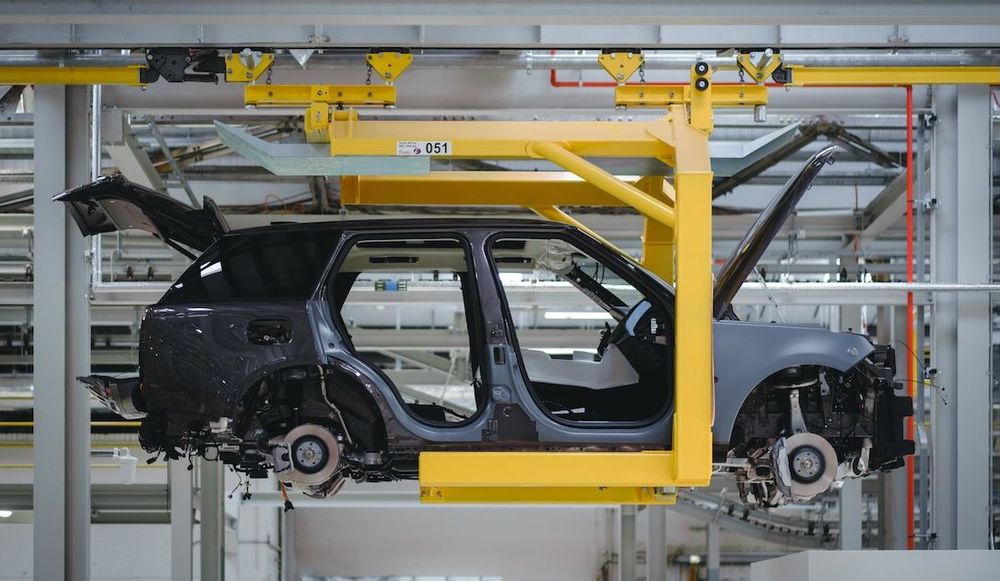Jaguar Land Rover to restart production following cyberattack
Jaguar Land Rover (JLR) announced on Tuesday it will begin the phased restart of its manufacturing operations following a cyberattack that completely halted global production last month.
Separately, the company said it was launching a financing scheme to provide some of its suppliers with up-front cash to help them overcome the financial difficulties caused by the shutdown.
The impact to JLR’s supply chain caused what one senior British politician called “a cyber shockwave ripping through our industrial heartlands,” with potentially thousands of jobs put at risk.
JLR — which reported generating £2.5 billion ($3.3 billion) in profits before tax and £29 billion ($38.9 billion) in revenue in its annual results this year — subsequently secured two loans, one guaranteed by the British government, to allow the restart of its own production and that of its suppliers.
The British government’s response, including its decision to underwrite one of those loans, has been met with some criticism. Editorials in The Guardian, The Times, the Financial Times and Binding Hook raised a number of questions, including as to “why JLR, backed by the wealthy Tata conglomerate, even required government support.”
JLR is one of Britain’s most significant industrial producers, accounting for roughly 4% of all goods exports last year.
At a time when the British government has described economic growth as its first priority, the attack posed “more than a company outage — it’s an economic security incident,” as Lucas Kello, the director of the University of Oxford's Academic Centre of Excellence in Cyber Security Research, told Recorded Future News.
The government-backed loan followed Britain’s business secretary, Peter Kyle, and its minister for industry, Chris McDonald, visiting the company’s premises to hear from JLR and affected suppliers.
Kyle stated the cyberattack “was not only an assault on an iconic British brand, but on our world-leading automotive sector and the men and women whose livelihoods depend on it,” and stressed the move would be protecting skilled jobs.
Kyle had previously been the technology secretary, where he was responsible for introducing the new Cyber Security and Resilience Bill intended to force businesses across the country to adopt better cybersecurity practices. As previously reported by Recorded Future News, amid the same reshuffle in which Kyle was made business secretary, the government yet again delayed the introduction of this bill.
In the statement on Tuesday, JLR chief executive Adrian Mardell said: “From tomorrow, we will welcome back our colleagues at our engine production plant in Wolverhampton, shortly followed by our colleagues making our world‑class cars at Nitra and Solihull.”
The company said its new financing scheme will see qualifying suppliers receive “a majority prepayment shortly after the point of order and a final true-up payment on receipt of invoice,” adding the scheme would accelerate payments “by as much as 120 days.”
Mardell said JLR’s suppliers were “central to our success,” and described the financing scheme as something that “will enable us to pay our suppliers early, using the strength of our balance sheet to support their cashflows.
“I would like to thank everyone connected to JLR for their commitment, hard work and endeavour in recent weeks to bring us to this moment. We know there is much more to do but our recovery is firmly underway.”
Alexander Martin
is the UK Editor for Recorded Future News. He was previously a technology reporter for Sky News and a fellow at the European Cyber Conflict Research Initiative, now Virtual Routes. He can be reached securely using Signal on: AlexanderMartin.79



